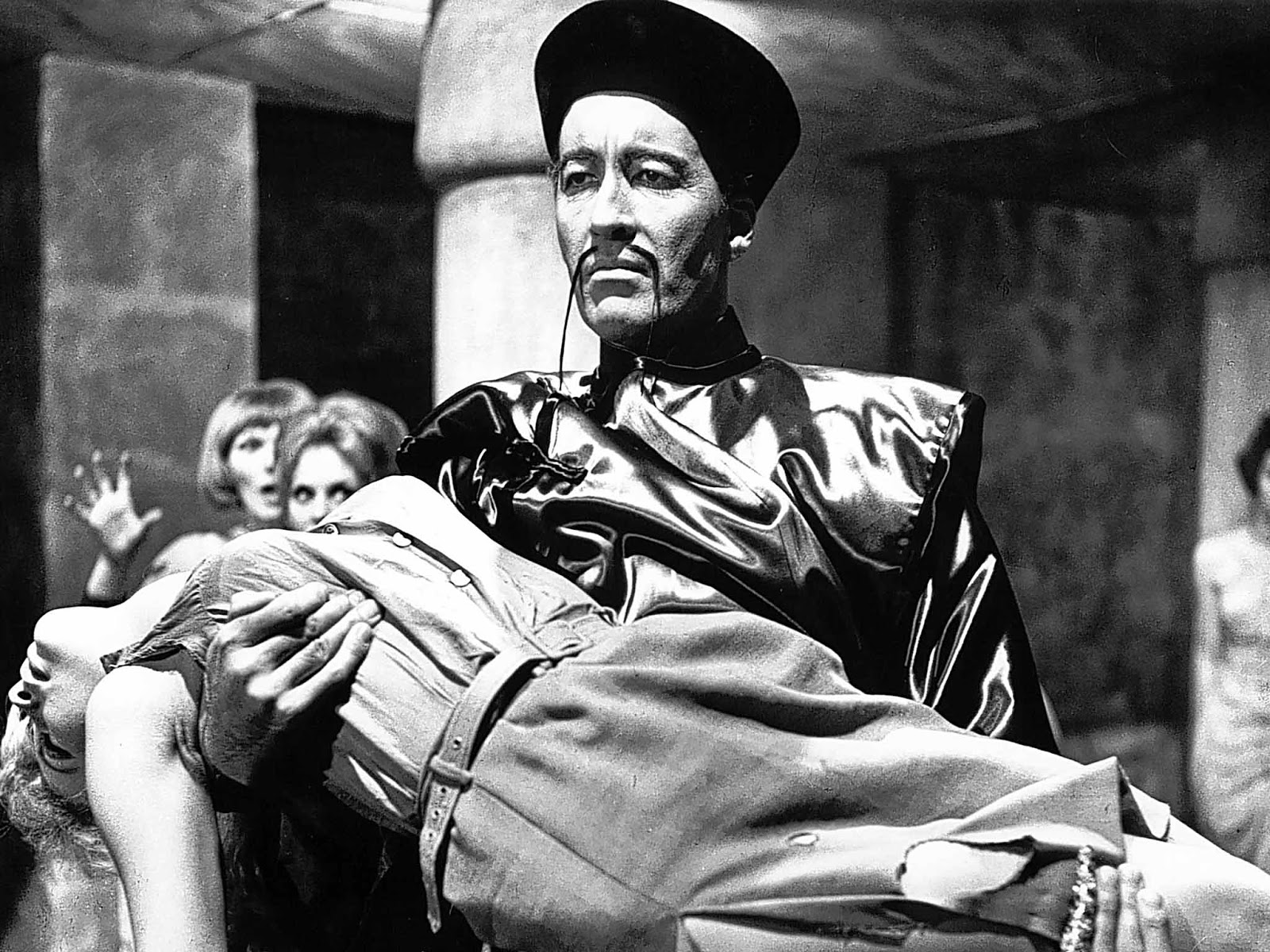The term "Manchu" conjures up images of rich cultural heritage, intricate history, and a profound impact on the course of human civilization. Originating from northeastern China, the Manchu people hold a unique place in history, being the founders of the Qing Dynasty, which ruled China for over 250 years. Their traditions, language, and customs have captivated scholars and history enthusiasts alike, making them a topic of continued fascination in both academic and cultural circles.
From their roots in the Manchurian region to their pivotal role in shaping modern China, the Manchu people offer a treasure trove of historical insights. They were instrumental in bridging the gap between ancient traditions and modern governance, leaving a legacy that continues to influence contemporary Chinese society. This article will delve into the rich tapestry of Manchu culture, exploring the intricate details of their history, customs, language, and more.
Whether you're a history buff, a culture enthusiast, or simply curious about the Manchu's lasting impact, this comprehensive guide will provide you with everything you need to know. We'll uncover the essence of what makes the Manchu people and their heritage so remarkable, ensuring that by the end of this article, you'll have a deeper appreciation for their enduring significance.
Table of Contents
- Manchu Biography: Who Are the Manchu People?
- What Are the Origins of the Manchu People?
- How Did the Manchu Establish the Qing Dynasty?
- The Manchu Language: Is It Still Spoken Today?
- Manchu Culture and Traditions
- What Makes Manchu Architecture Unique?
- Manchu Religion and Spiritual Practices
- Traditional Manchu Clothing
- Manchu Cuisine: What Did They Eat?
- How Have the Manchu Influenced Modern China?
- The Manchu in Modern Times
- How Many Manchu People Are There Today?
- Manchu Arts and Literature
- Challenges Facing the Manchu Community
- FAQs About the Manchu
Manchu Biography: Who Are the Manchu People?
The Manchu people are an ethnic minority originating from northeastern China, specifically the region historically known as Manchuria. They are the descendants of the Jurchen tribes and are best known for founding the Qing Dynasty, which ruled China from 1644 to 1912. While their numbers have dwindled and their language is now considered endangered, the Manchu people's legacy remains a cornerstone of Chinese history.
Personal Details and Biodata
| Ethnic Group | Manchu |
|---|---|
| Region of Origin | Manchuria, Northeast China |
| Language | Manchu (Endangered), Mandarin |
| Historical Significance | Founders of the Qing Dynasty |
| Traditional Religion | Shamanism, Tibetan Buddhism |
What Are the Origins of the Manchu People?
The origins of the Manchu people can be traced back to the Jurchen tribes, who lived in the forests and plains of northeastern China during the 10th century. These tribes were skilled hunters, fishermen, and farmers, and they developed a unique culture that blended indigenous traditions with influences from neighboring civilizations. Over time, the Jurchen unified under the leadership of Nurhaci in the early 17th century, laying the groundwork for what would become the Manchu identity.
The Role of Nurhaci
Nurhaci was a pivotal figure in Manchu history. Born in 1559, he consolidated the Jurchen tribes and established the Eight Banners system, a military and administrative organization that would later become the backbone of the Qing Dynasty. His efforts not only unified the Manchu people but also set the stage for their eventual conquest of China.
How Did the Manchu Establish the Qing Dynasty?
The rise of the Qing Dynasty marked a significant chapter in Chinese history, and the Manchu played a central role in its formation. After consolidating power in Manchuria, the Manchu forces crossed the Great Wall of China in 1644 and captured Beijing, effectively establishing the Qing Dynasty. Their rule brought about numerous reforms, including the promotion of Confucian ideals and the stabilization of China's economy.
Key Contributions of the Qing Dynasty
- Expansion of Chinese territory to its largest historical extent
- Promotion of cultural and artistic endeavors
- Implementation of administrative reforms
The Manchu Language: Is It Still Spoken Today?
The Manchu language, once the official language of the Qing court, is now considered endangered. With fewer than 100 native speakers remaining, efforts are being made to revive and preserve this linguistic heritage. The language is written in a script derived from the Mongolian alphabet and holds significant historical and cultural value.
Revival Efforts
Organizations and scholars are working tirelessly to document and teach the Manchu language to younger generations. Digital tools, online courses, and cultural programs are being developed to ensure that this vital aspect of Manchu heritage is not lost to time.
Manchu Culture and Traditions
Manchu culture is a rich tapestry of customs, practices, and beliefs that have been passed down through generations. From traditional shamanistic rituals to the celebration of festivals like the Spring Festival, the Manchu people have preserved many aspects of their heritage despite the challenges of modernization.
Festivals and Celebrations
- Spring Festival
- Dragon Boat Festival
- Traditional Shamanistic Ceremonies
What Makes Manchu Architecture Unique?
Manchu architecture is characterized by its practical design and aesthetic appeal. Traditional Manchu homes, known as "siheyuan," feature courtyards surrounded by rooms on all sides. These structures were designed to withstand the harsh winters of Manchuria while providing a comfortable living space for families.
Architectural Features
- Use of wood and stone
- Distinctive roof designs
- Integration with natural surroundings
Article Recommendations
/GettyImages-32712142000x1423-56ae4b8b3df78cf772baf11e.jpg)
